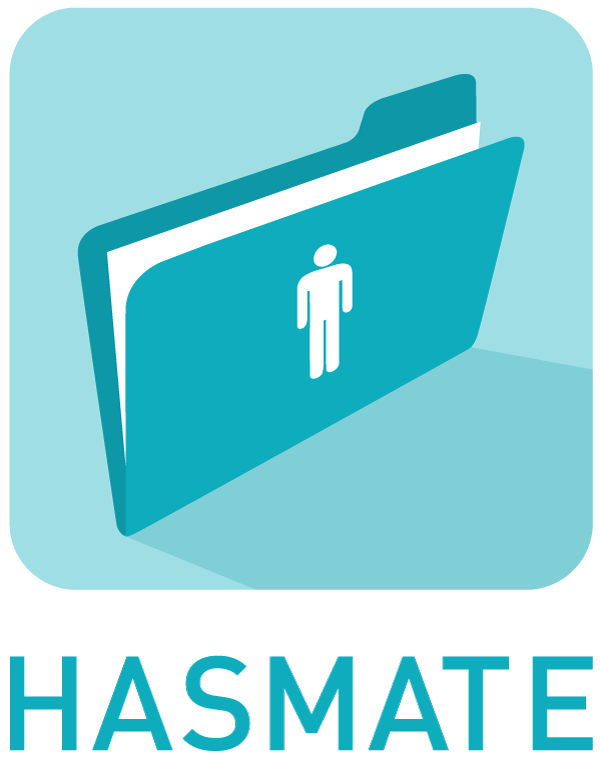10 Jul Learning from Inspections and Audits
Inspections and audits are an important way to make sure that everything in your business is working as it should be, as safely as it should be.
Scheduled Business and Property Inspections
Often, it’s the small and simple things that can go wrong.
How often does your business undertake an inspection of its premises, to see if everything is in working order, e.g.
- Doors;
- Windows;
- Security alarms;
- Access points;
- Records storage;
- Rainwater catchment systems;
- Refueling stations;
- Staffroom lights;
- Building warrants, etc.
Recommendation – this could be done monthly. Something also to consider is the insurance implications – check with your insurance provider. Many businesses use an IQP (an independent qualified person) to do this, and sign it off when completed.
Vehicle and Equipment Inspections and Audits
Does your business undertake vehicle and/or equipment inspections on a scheduled basis or have a system to see that they are fit for purpose?
These inspections should also include the cars/utility vehicle/vans/trucks used by staff. The business has a legal responsibility to ensure that all machinery or equipment used by its employees is sound and in good condition.
Recommendation – for vehicles, some businesses do it daily, but it’s up to the business – e.g. the type of business, the use of the vehicle, its operating environment, e.g. cartage and logging contractors are likely to check their vehicles everyday due to the high use. For equipment, again, some businesses do it daily, depending on the type of business, how often it’s used, the environment, etc. Otherwise, our recommendation would be monthly.
New, Leased, Altered and/or Borrowed Equipment
Does the business have a documented process or terms of use for this type of acquisition of machinery or equipment?
A key point here is the planning, alteration, and testing of any equipment or machinery that has been changed , before it is put into use. In addition to this is the hazard and risk assessment undertaken on any secondhand, leased, or altered equipment prior to purchase and installation? Is it fit for purpose?
This also applies to any changes or the alteration to machinery or equipment as it may well alter the original design and integrity and safety features of the machinery.
Recommendation – this should be undertaken as soon as the piece of equipment has been purchased, leased, altered, borrowed, etc. – and then added to the regular equipment inspections. If the equipment has been altered, repaired or changed, we recommend that it is inspected again within a week.
What Can You Learn from Audits and Inspections
There is plenty to be learned, if the audit is planned, objective, and any findings and recommendations are followed through and actioned with the backing of management.
Audits, inspections, and reviews should be used as a key factor for the continuous improvement of any business.
They should not be considered as fault finding activities, but as the opportunity to mitigate the risk of accidents, waste, scrap, and/or rework, and with the bonus of adding $$$$$ to the business’ bottom line.
If you need any assistance/guidance with auditing and inspections, please get in touch.
Note – any recommended timings for inspections and audits in this article are strictly recommendations.
We have the following documents to purchase (which could be useful):
- Tyre Check SOP (1 page)
- Vehicle Check SOP (2 pages)
- Health and Safety Monitoring Audit (4 pages)
- Office Safety Audit (5 pages)
- Machinery and Equipment Safety Assessment Audit (2 pages)
- Maintenance Safety Audit (1 page)
- Agriculture Prompt Checklist (7 pages)
Other suggested articles:
- Modifying Machinery and Equipment
- Onsite Monitoring and Inspection Checklists
- Using a Software Solution for Health and Safety Management
- Trailer Safety
- Why You Should Use Hasmate for Asset Management
Please contact us if you would like to discuss.

